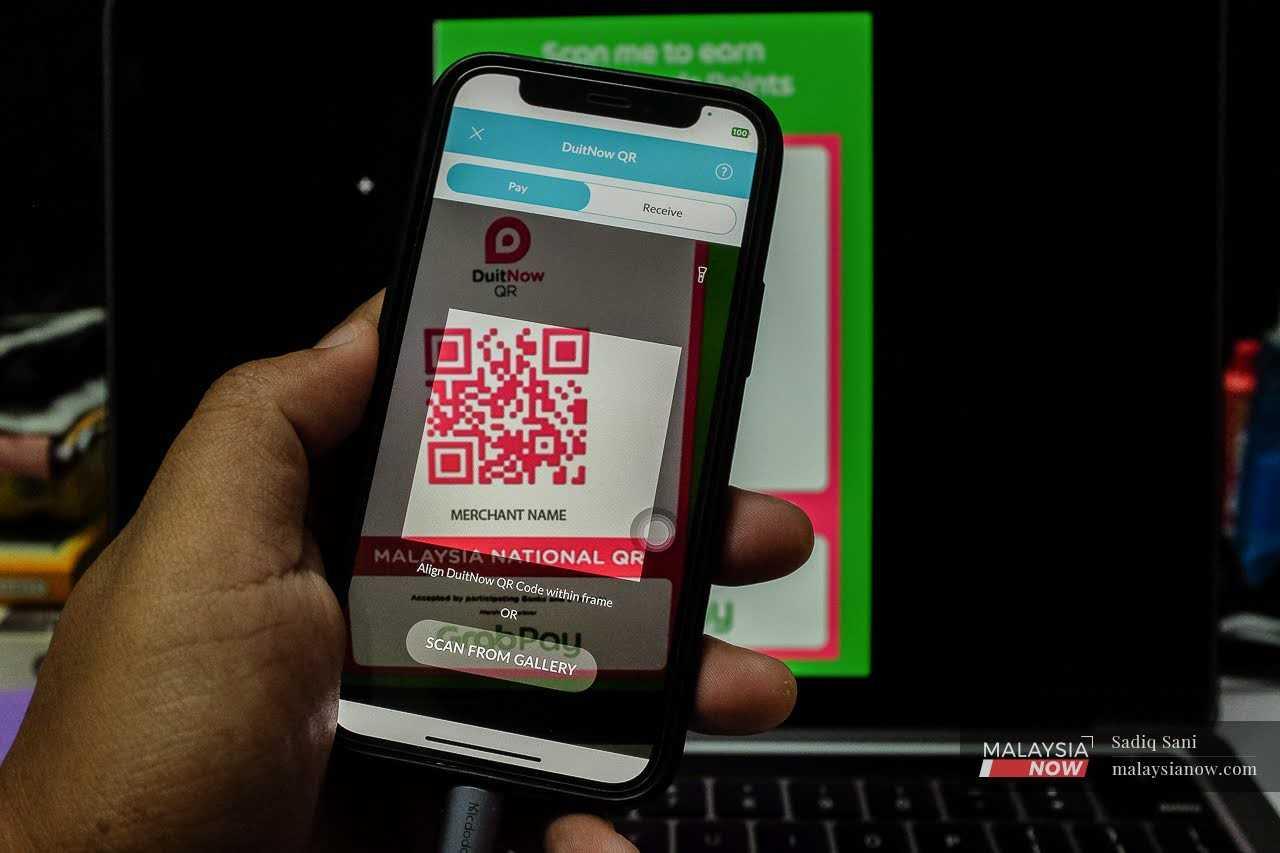Traders receiving payment via DuitNow to incur transaction fee from Nov 1
A fee of 0.25% will be charged for payments from current or savings accounts, while a 0.50% fee will apply to transfers made via credit cards.
Just In
Starting Nov 1, traders receiving money via the DuitNow QR application will incur transaction charges as a result of price structuring by DuitNow, effective across all banks.
According to an email from RHB Reflex, these charges will be deducted from the current or savings accounts on the fifth day of each month.
RHB Reflex's customer service department, meanwhile, said the amount of fee charged on the merchant's account when receiving payment via DuitNow would depend on the mode of transfer.
"If the payment is made from a current or savings account, a fee of 0.25% will be applied to the trader's account. For transfers made through credit cards, a fee of 0.50% will be levied," it said.
The DuitNow QR service enables money transfers between banks and non-bank entities through the scanning of QR codes.
It was established by PayNet under Bank Negara Malaysia's Interoperable Credit Transfer Framework, or ICTF.
Previously, no transaction charges were imposed for transfers below RM5,000, and a fixed fee of RM0.50 applied to transactions exceeding RM5,000.
Some of the non-bank entities that utilise the DuitNow QR service for money transfers include Boost, GrabPay, Setel, and Touch 'n Go.
Maybank, when contacted by MalaysiaNow, confirmed the matter.
"Charges apply to transfers between banks (interbank) and applications using the DuitNow service. However, no charges are incurred when using Maybank QR for transfers."
Meanwhile, CIMB said it has not received any notice about these charges.
"We have not received any notice indicating charges imposed on traders for using DuitNow QR," it said.
HSBC, too, said that no memo had been issued on the matter but that updates would be posted on the bank's website if the charges were to be implemented.
Subscribe to our newsletter
To be updated with all the latest news and analyses daily.
